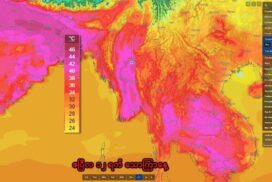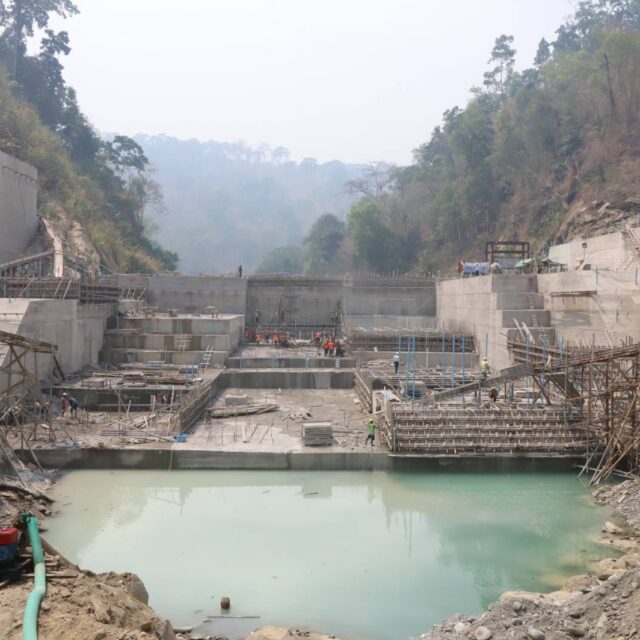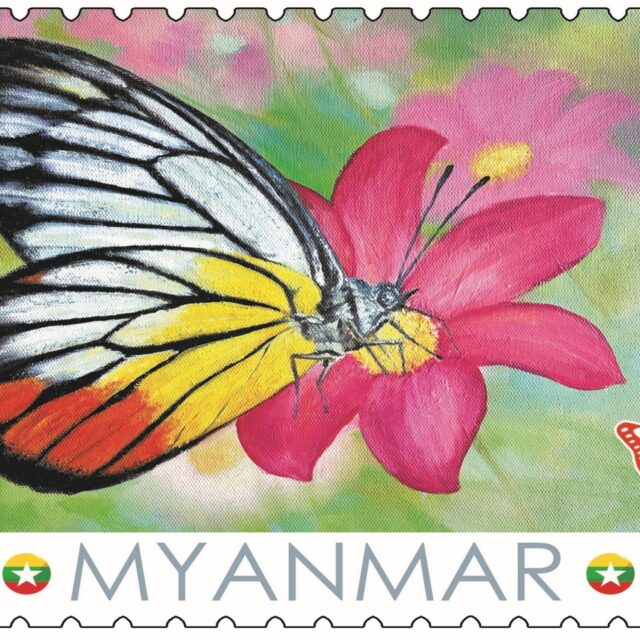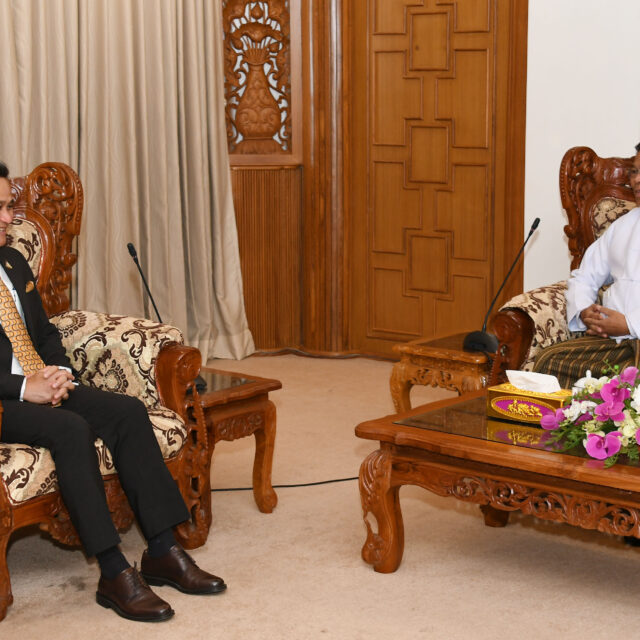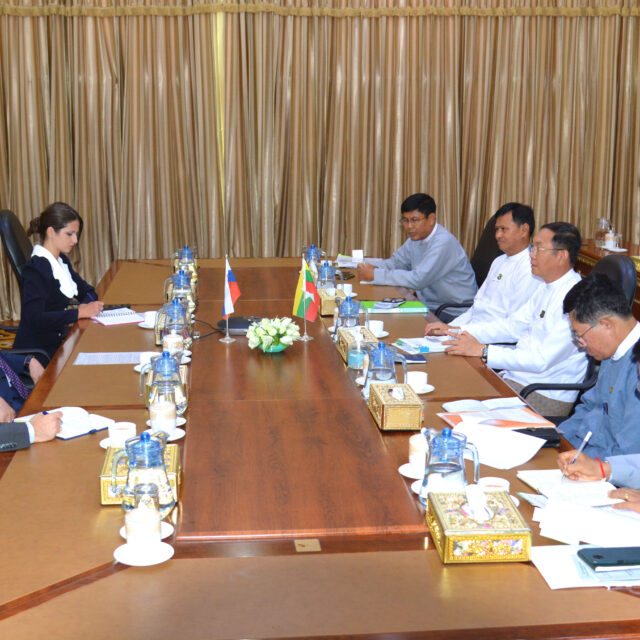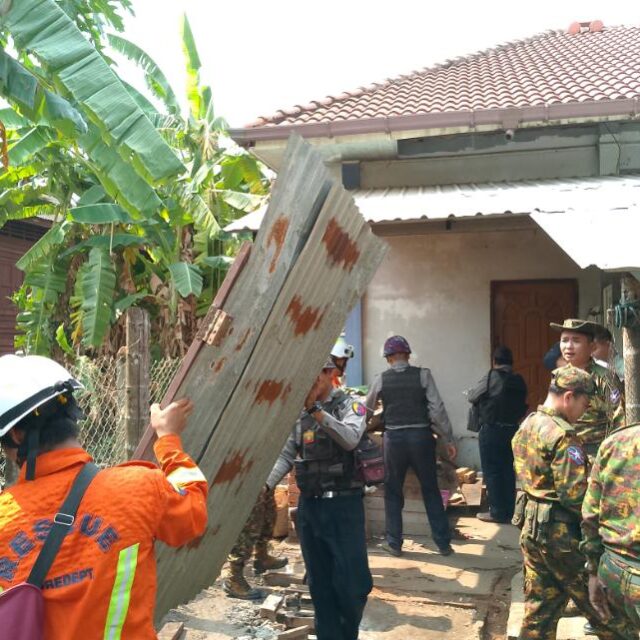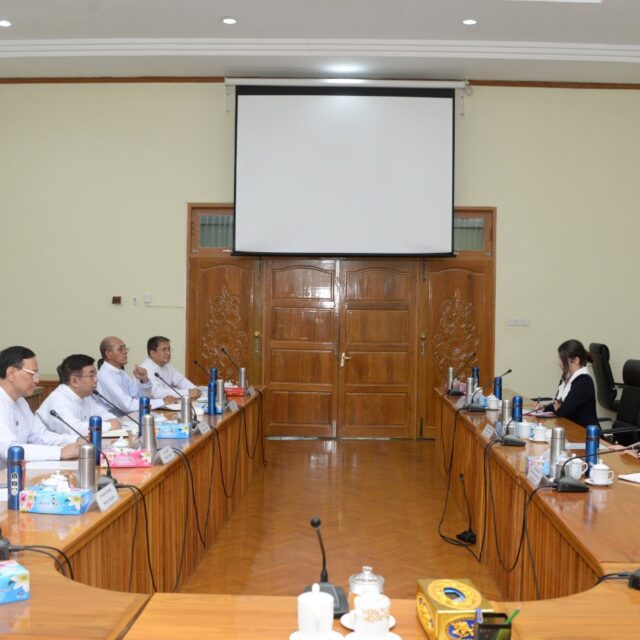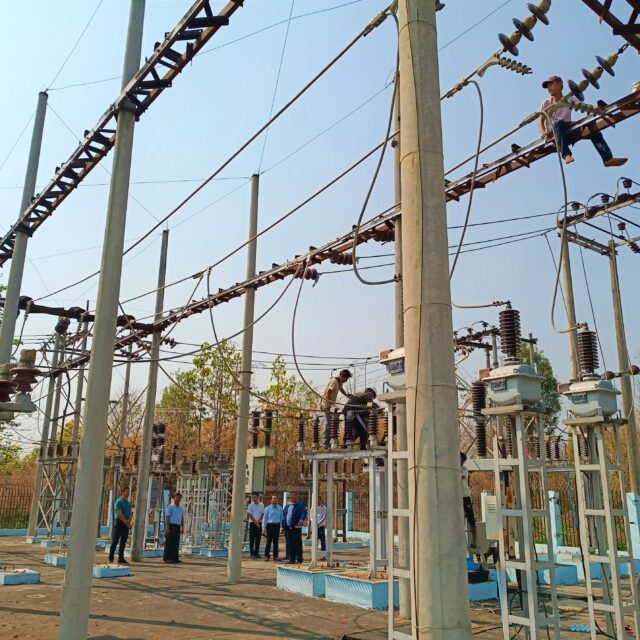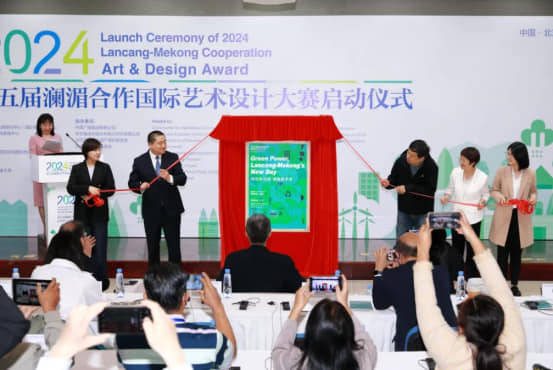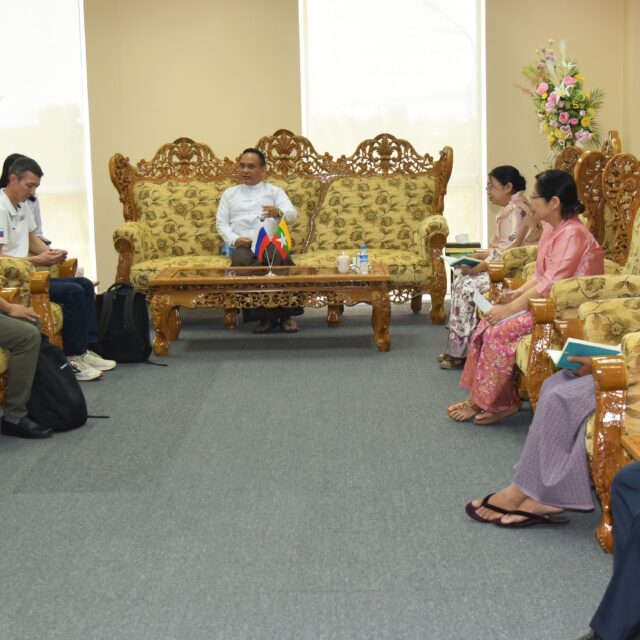The vitality of a nation’s development hinges significantly on the enthusiasm and capability of its citizens to work. While the willingness to work is tied to the mental disposition of adults, workability is intricately linked to their physical qualifications. It is crucial to recognize that even with high workability, individuals cannot effectively translate their capabilities into tangible accomplishments without a genuine willingness to work.
Despite Myanmar’s abundant natural resources and favourable climatic conditions, the subdued willingness to work among its citizens reflects a diminished manufacturing capacity. Drawing lessons from the experiences of other ASEAN member countries with thriving economies, Myanmar can learn from the concerted efforts of individuals with strong work ethics. Authorities must implement strategic plans that leverage the workability of the people, turning them into a dynamic force to modernize the country.
Therefore, fostering an environment that stimulates the willingness to work among workable adults becomes imperative. Experts contend that a work environment rich with opportunities can act as a catalyst, encouraging individuals with the potential to work to embrace a proactive attitude. Those adults innocently anticipate their opportunities with hard work in daily duties in the workplace.
Myanmar’s current gross domestic product reflects progress for the homeland, yet it lags behind other ASEAN member countries. To bridge this gap, there is a pressing need to cultivate an environment that enhances workability while simultaneously stimulating the willingness to work. By doing so, Myanmar stands to have the chance to keep pace with its regional counterparts in due time.
Every citizen of Myanmar plays a vital role in contributing to the prosperity of their families and the nation through substantial export endeavours. A focus on increasing export volumes, coupled with heightened workability and a reduction in daily import values, is imperative. To envision Myanmar as a developed nation, citizens must adopt frugality in all aspects, abstaining from unnecessary expenditures for an extended period if necessary.
Despite Myanmar’s abundant natural resources and favourable climatic conditions, the subdued willingness to work among its citizens reflects a diminished manufacturing capacity. Drawing lessons from the experiences of other ASEAN member countries with thriving economies, Myanmar can learn from the concerted efforts of individuals with strong work ethics. Authorities must implement strategic plans that leverage the workability of the people, turning them into a dynamic force to modernize the country.
The qualifications and willingness of the workforce are pivotal indicators of a country’s development level. That is why relevant authorities must proactively stimulate the workability and willingness to work among individuals engaged in manufacturing, trading, and service sectors. This concerted effort will not only enhance the workforce’s willingness but also drive improvements of the workable adults in the overall workplace environment, contributing to the nation’s economic development.




